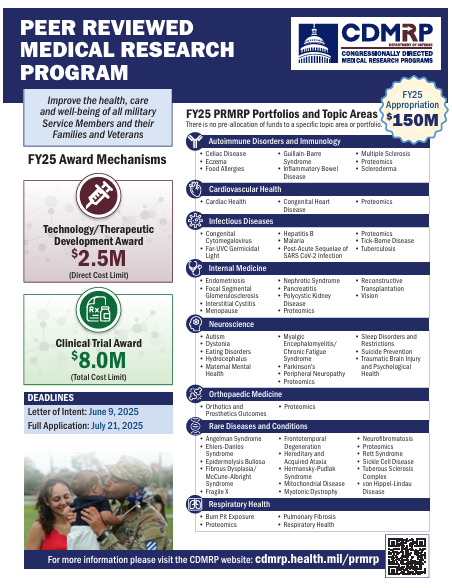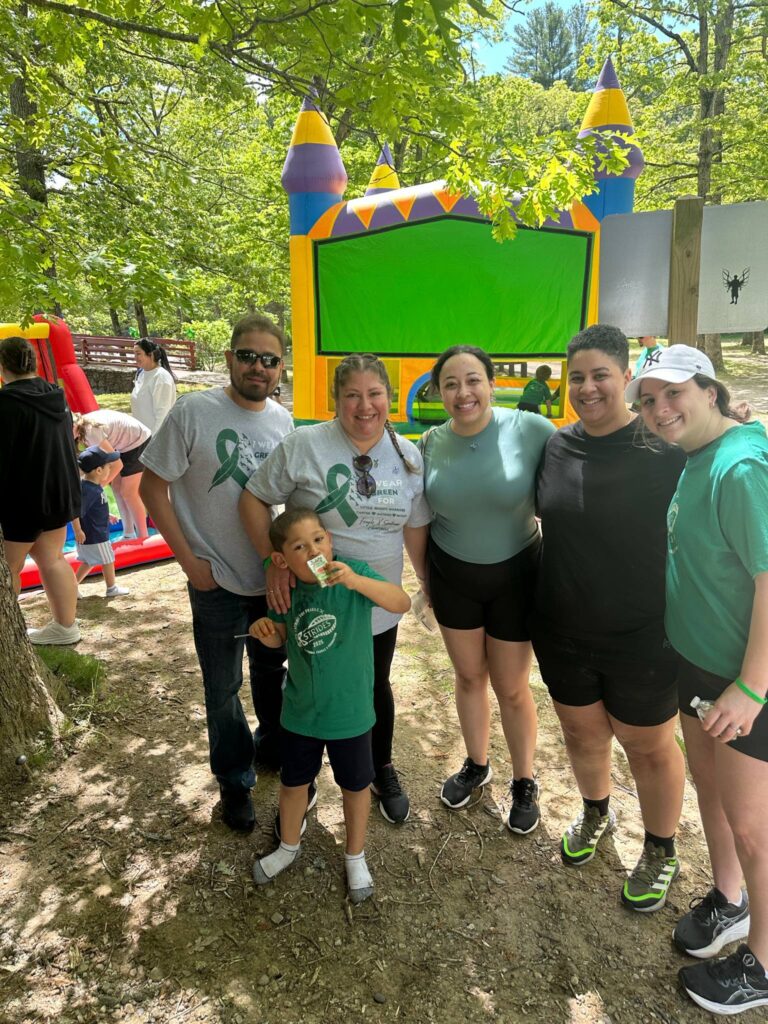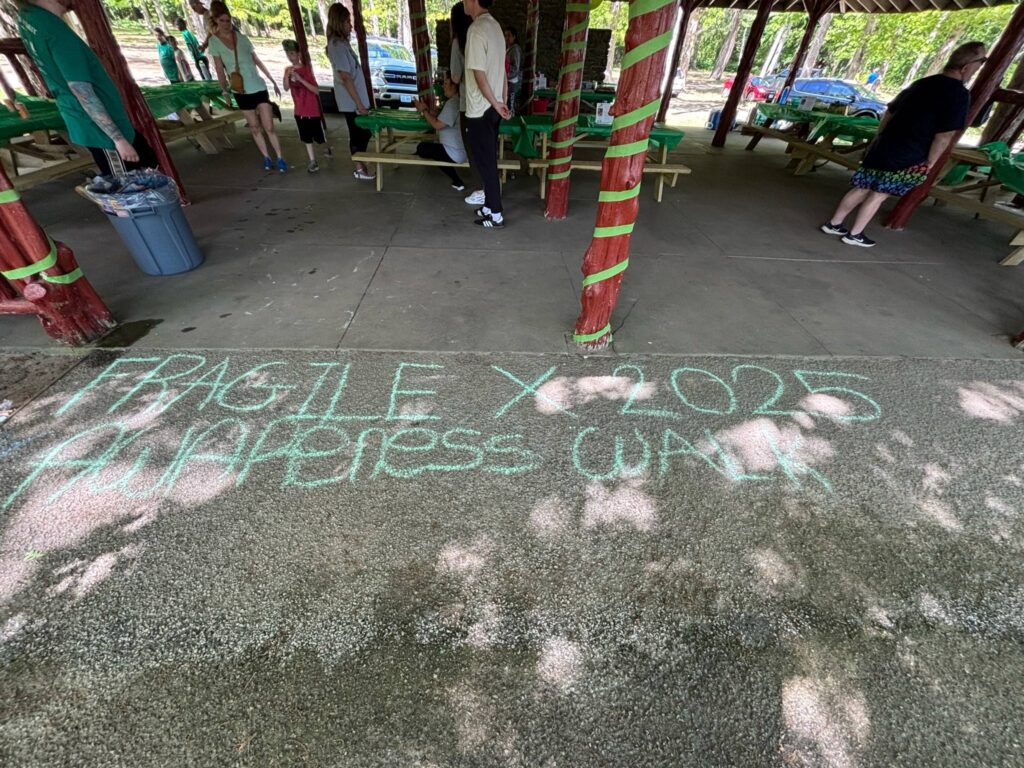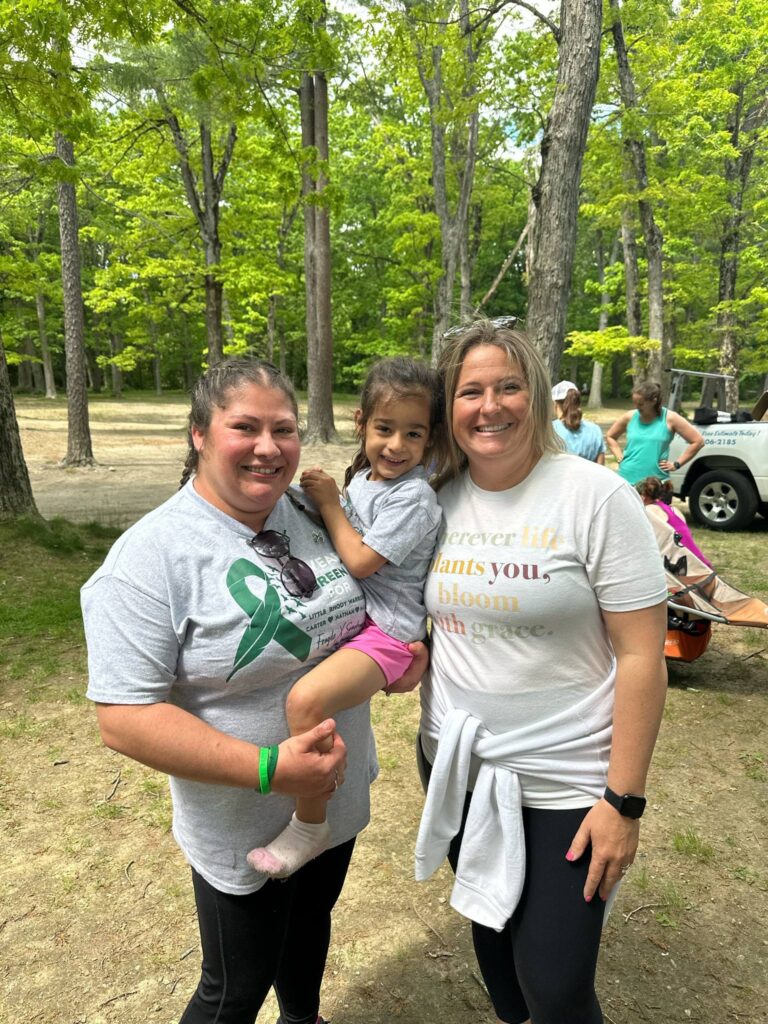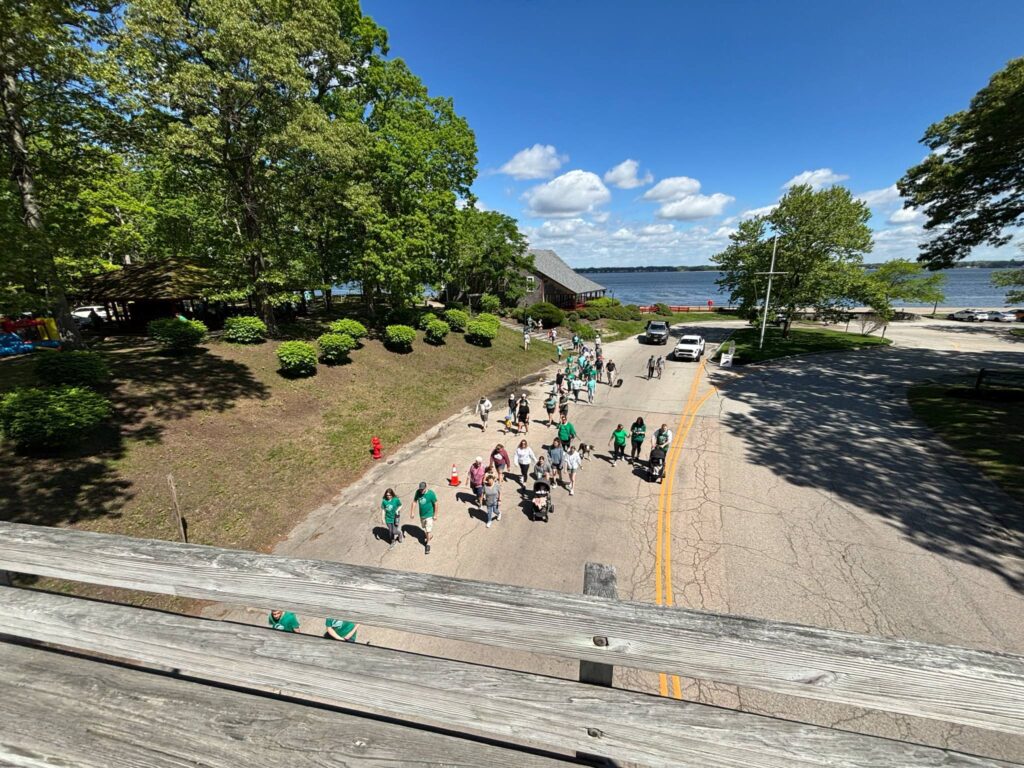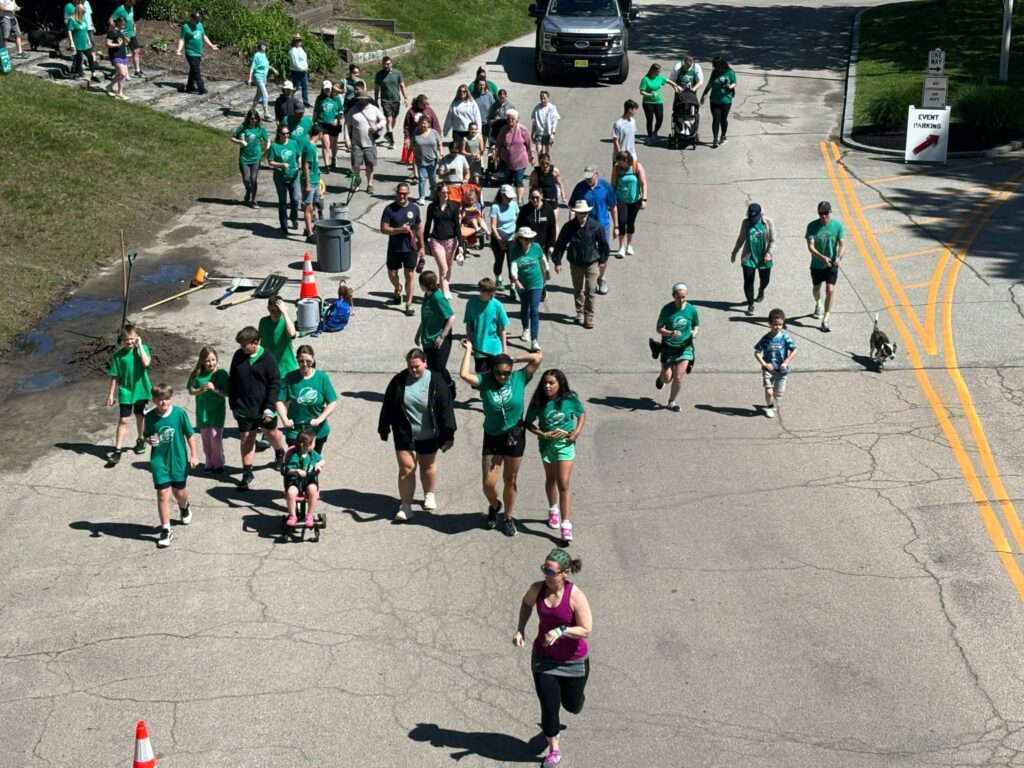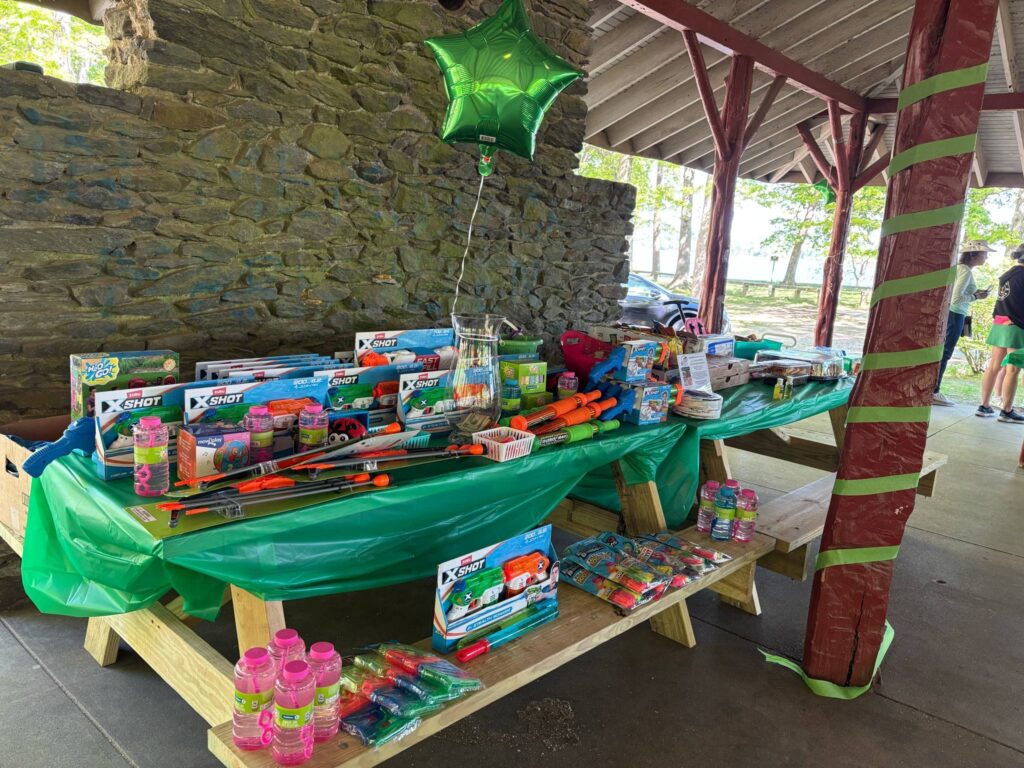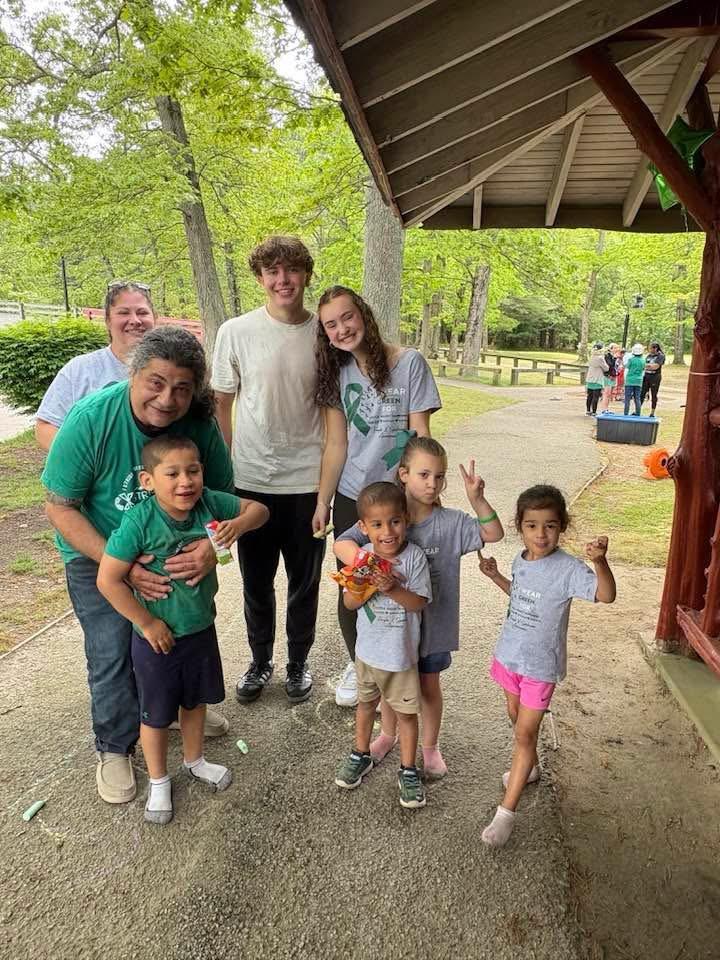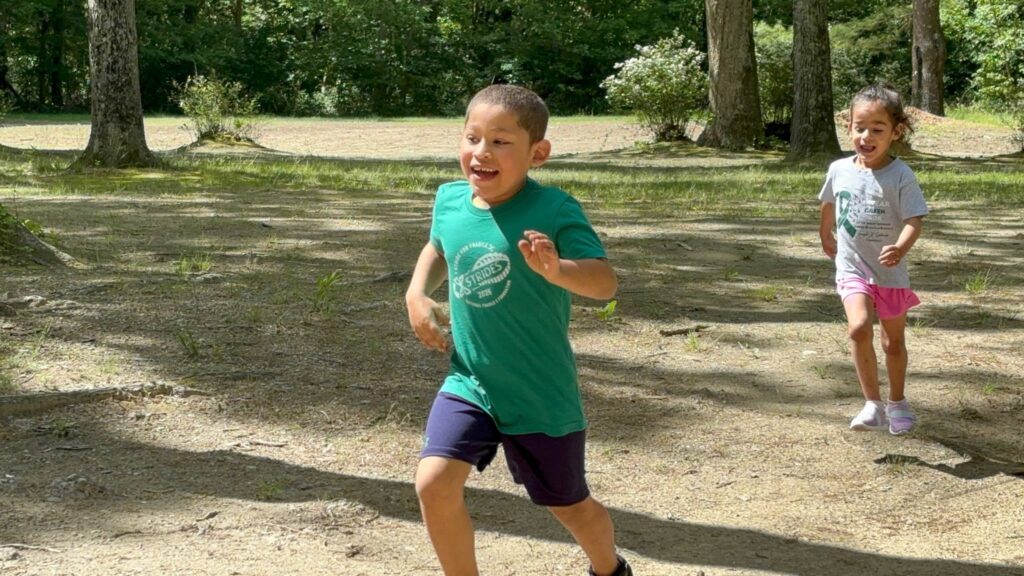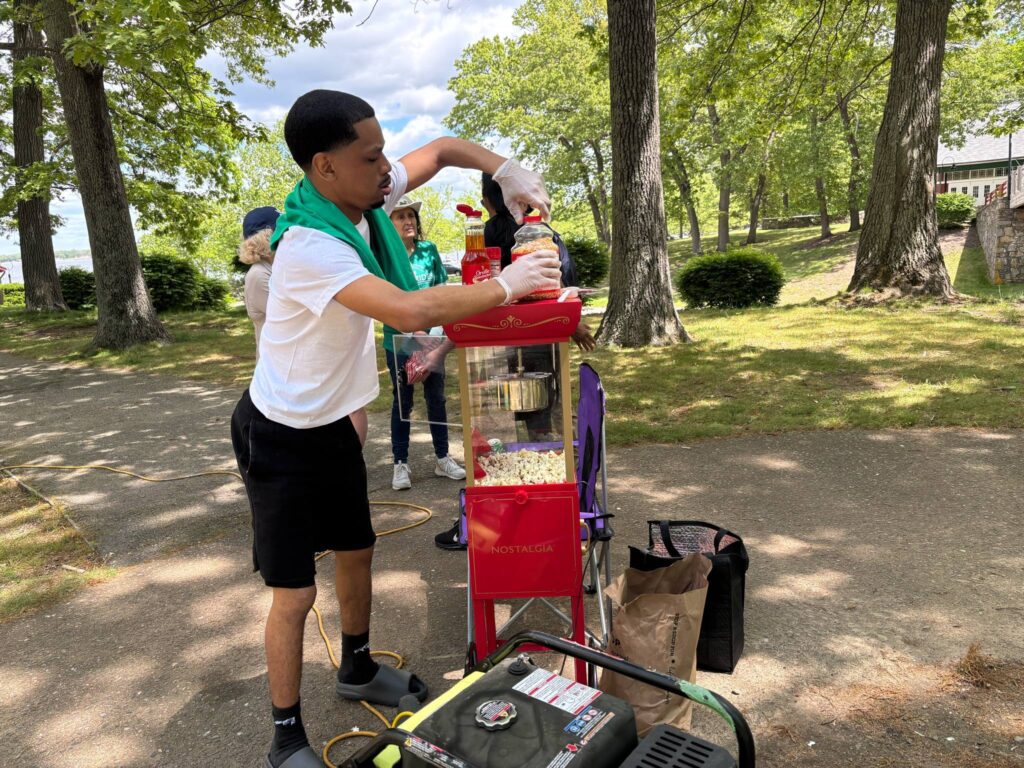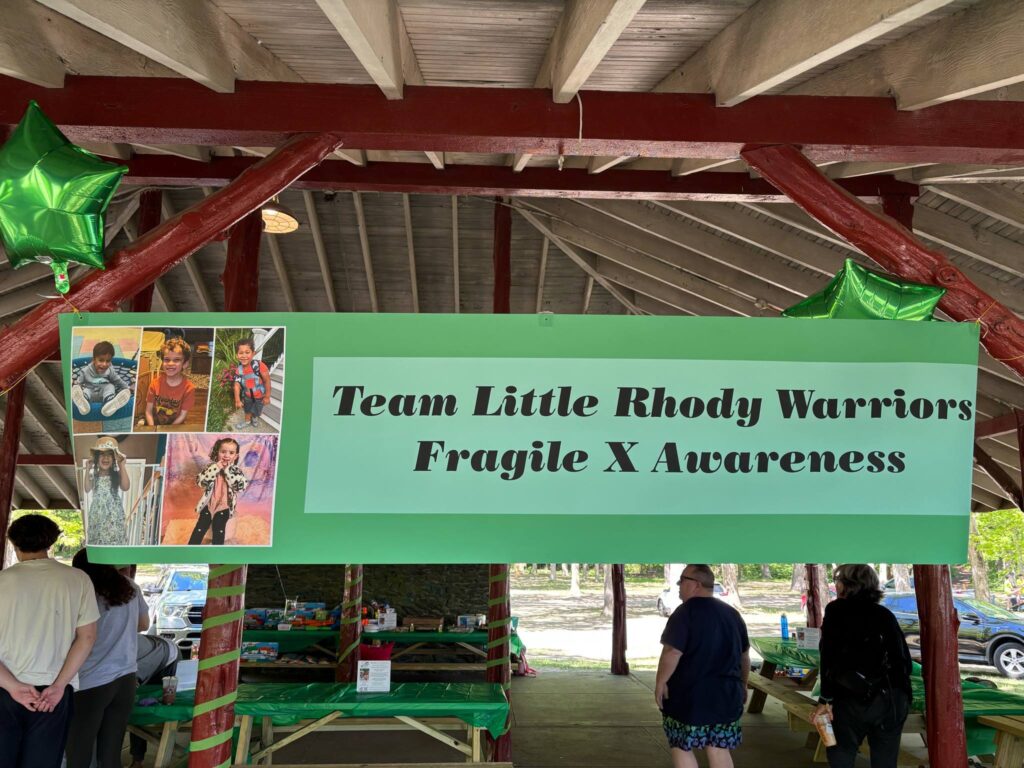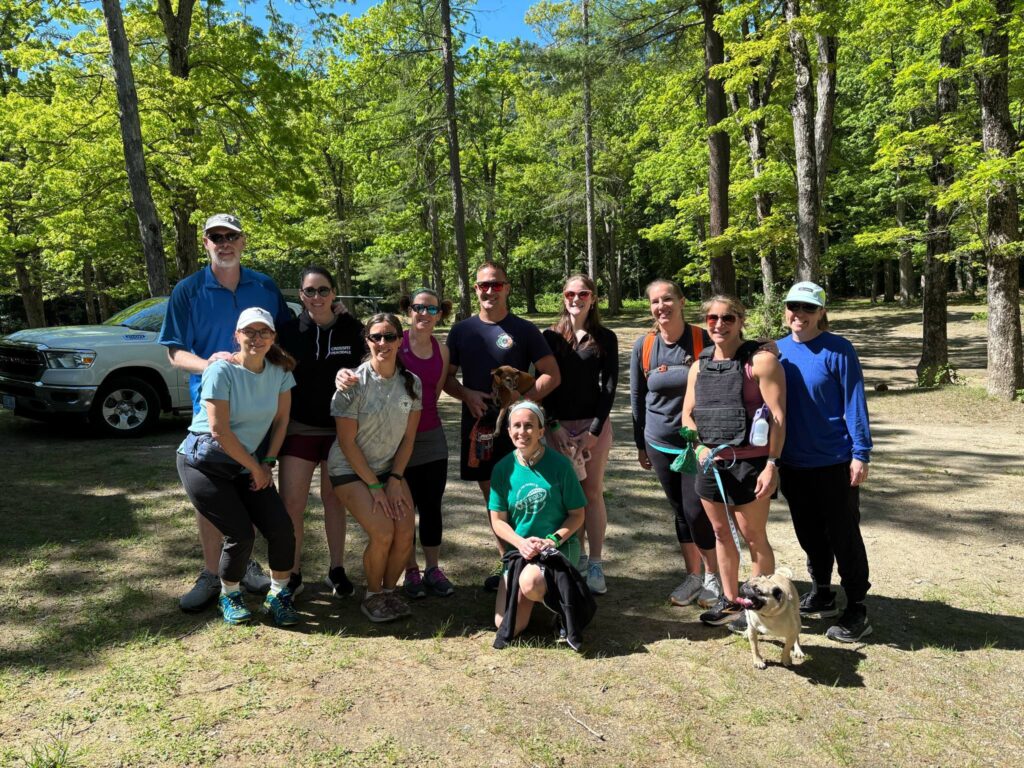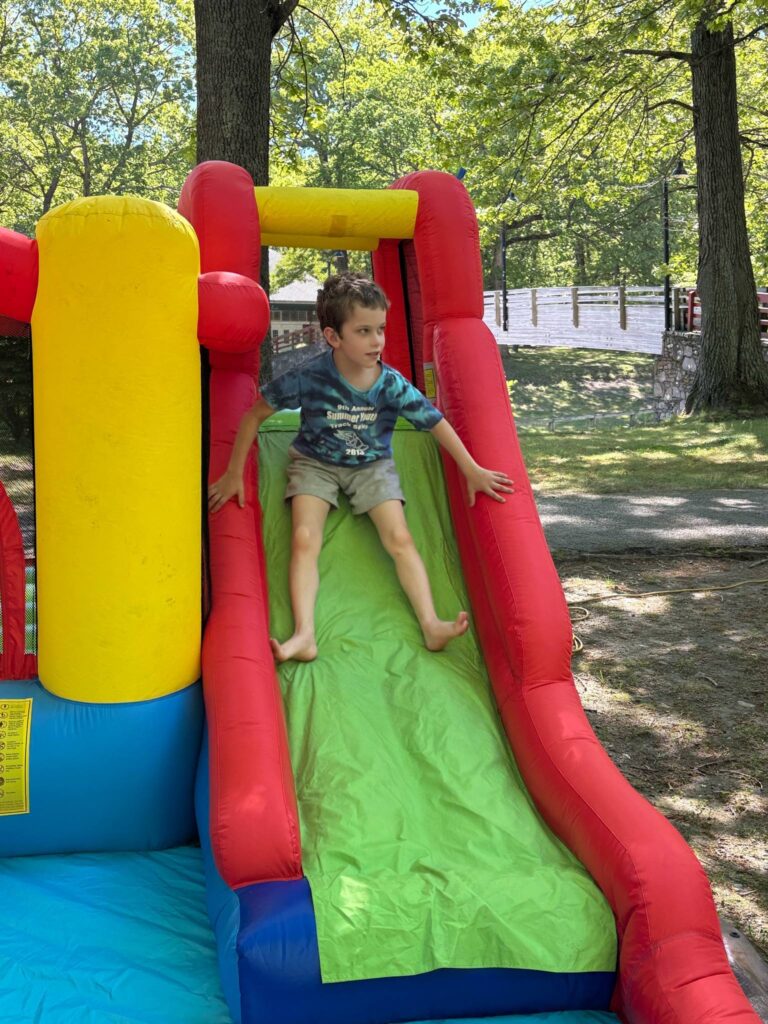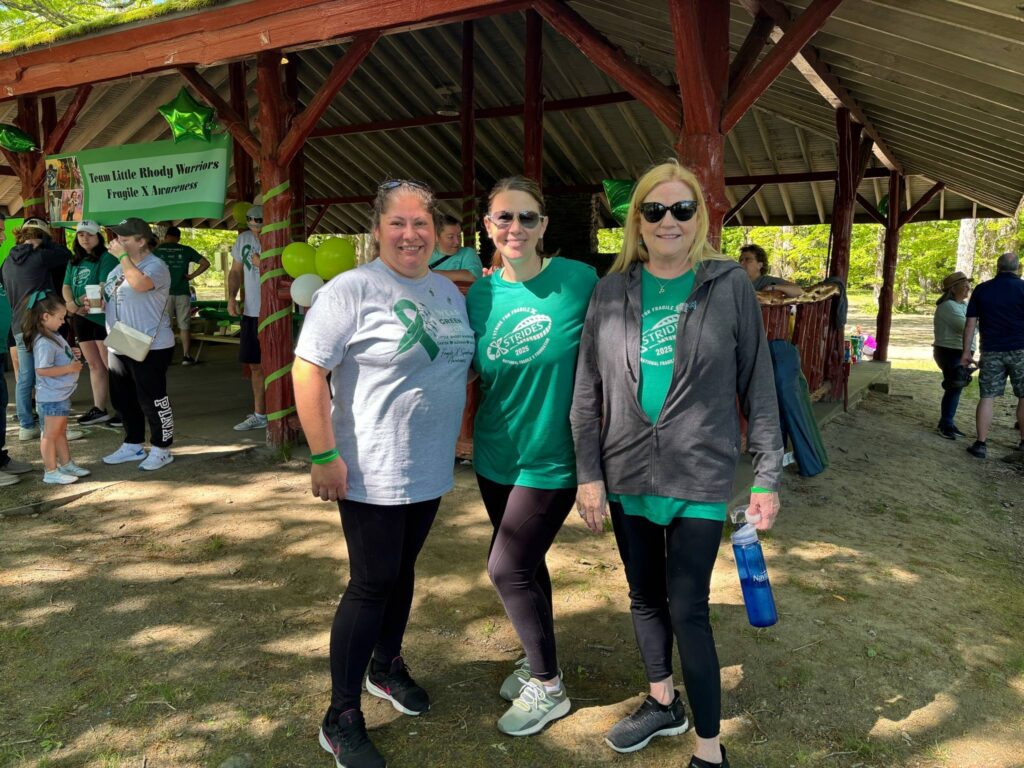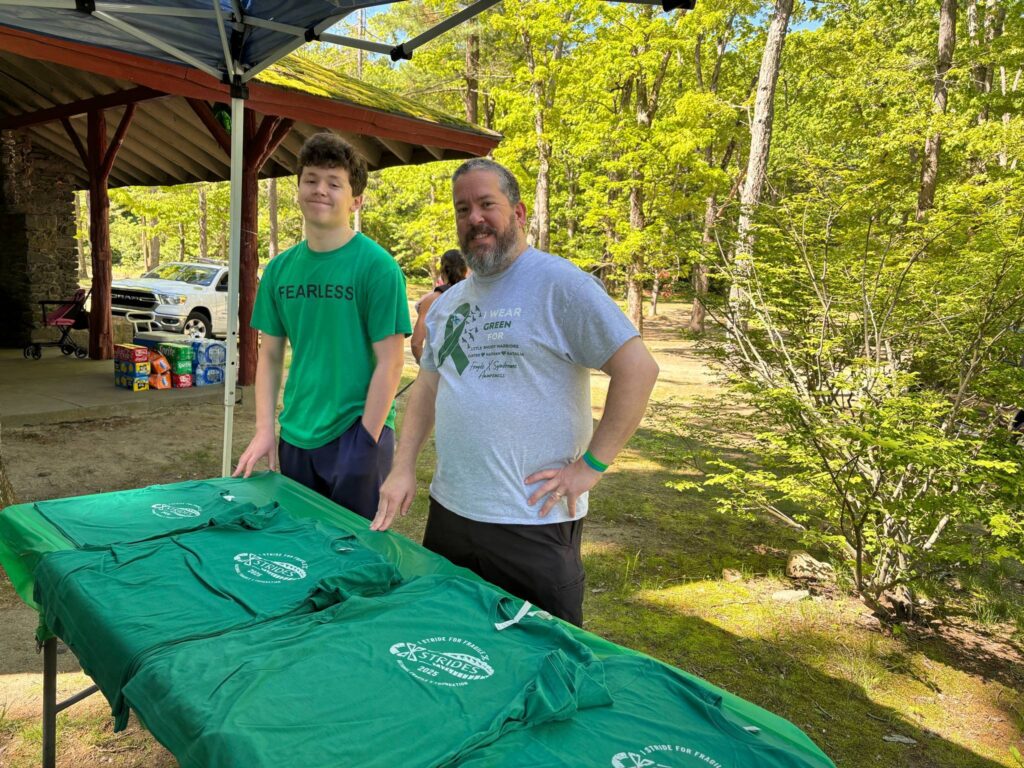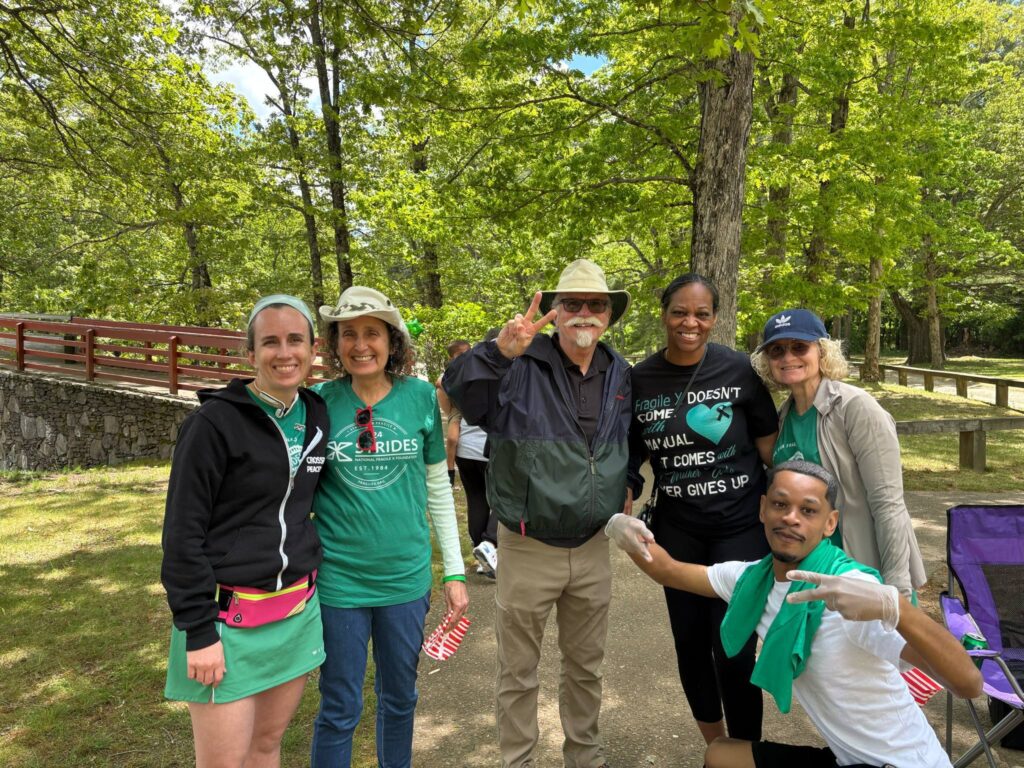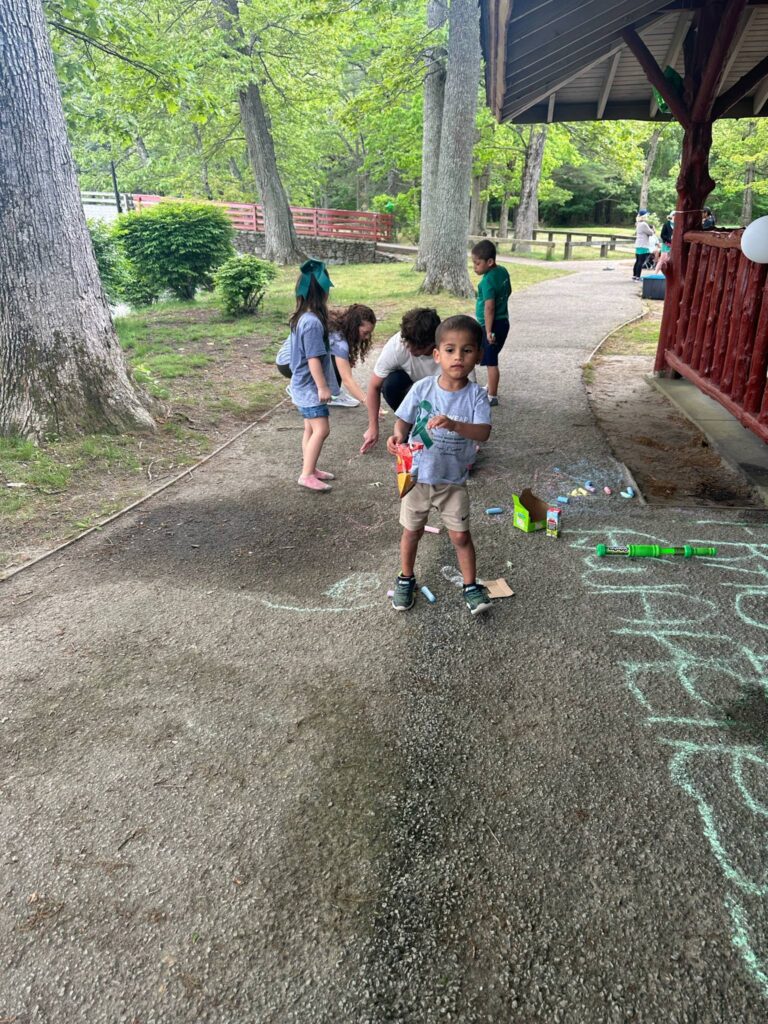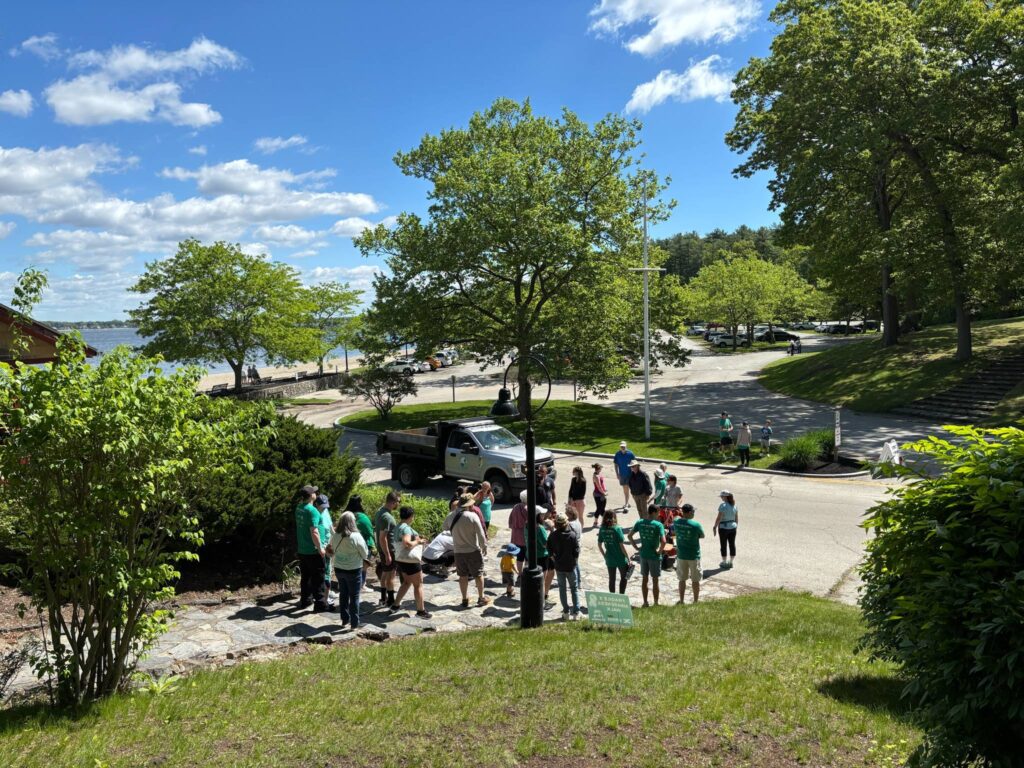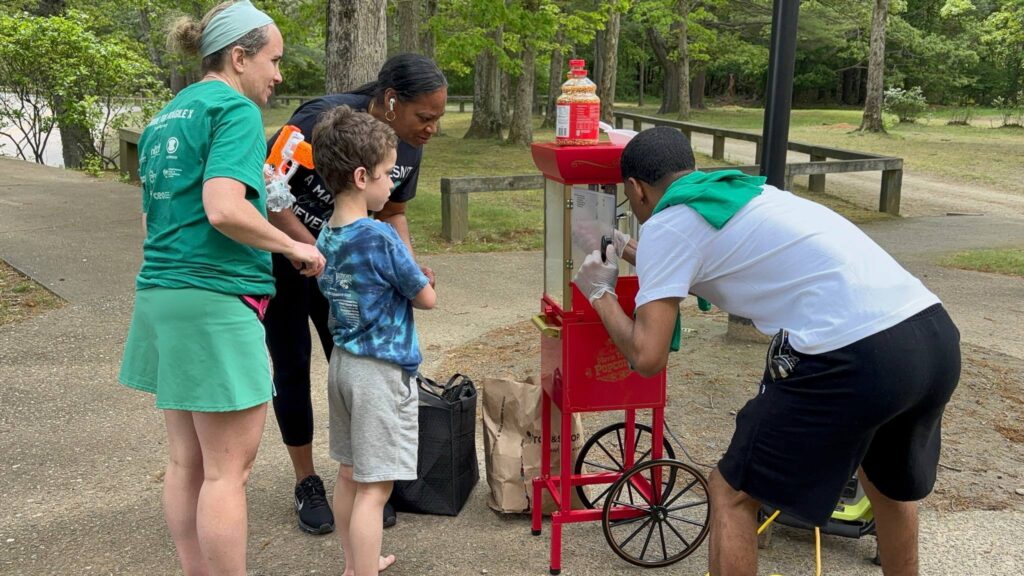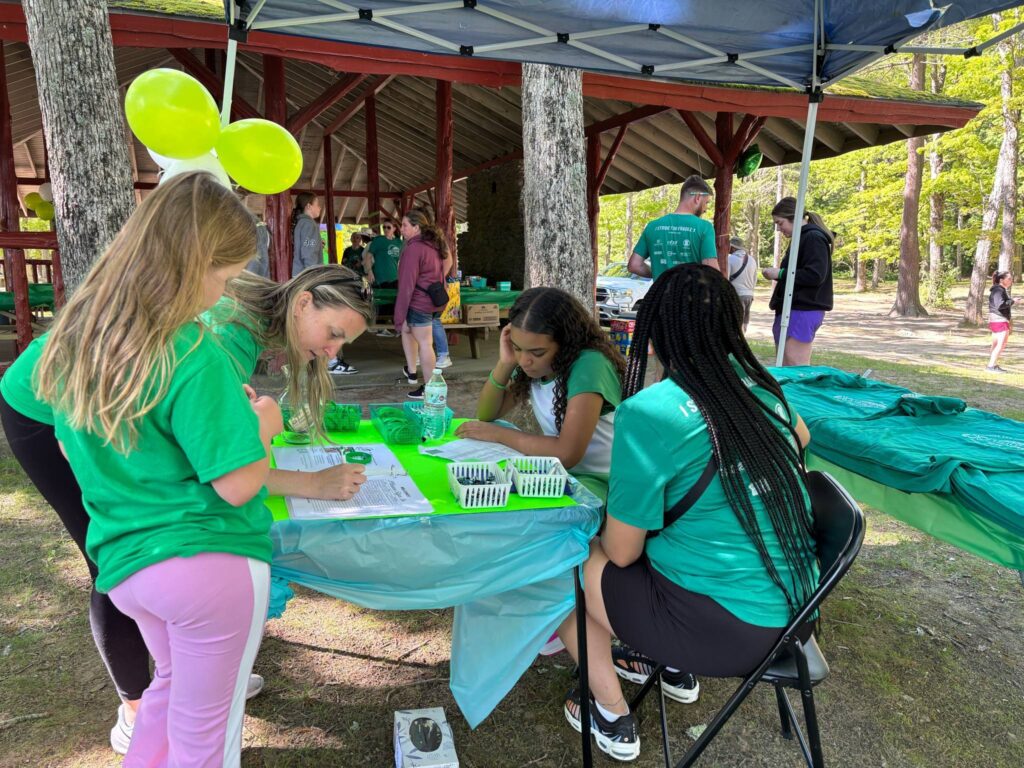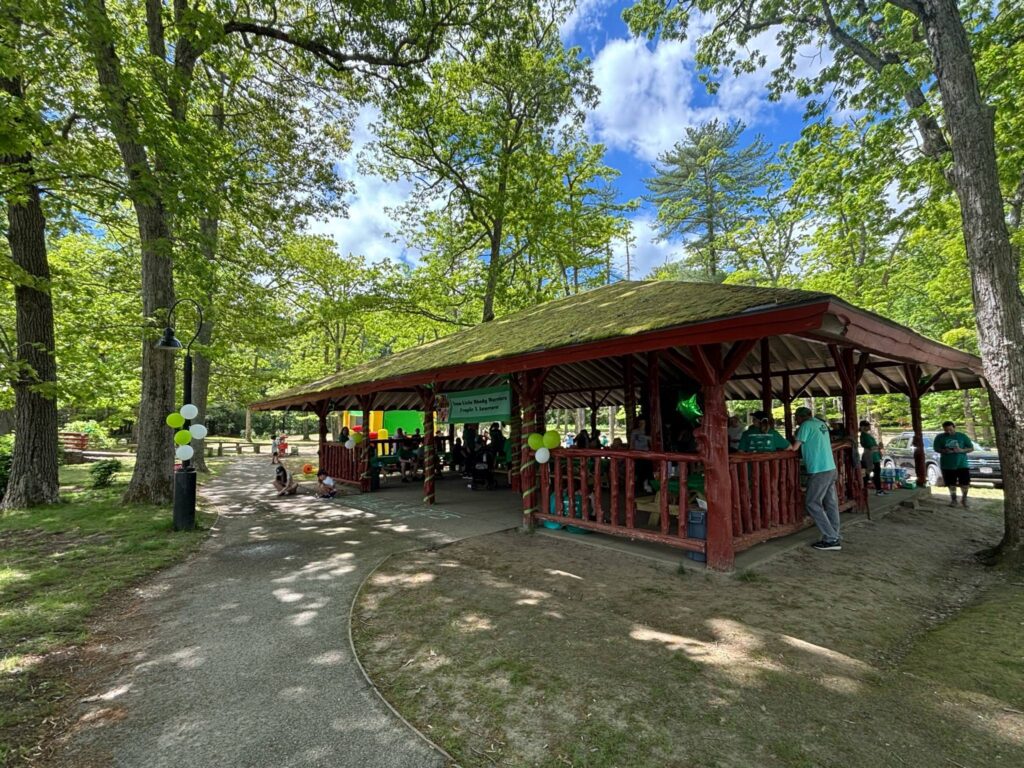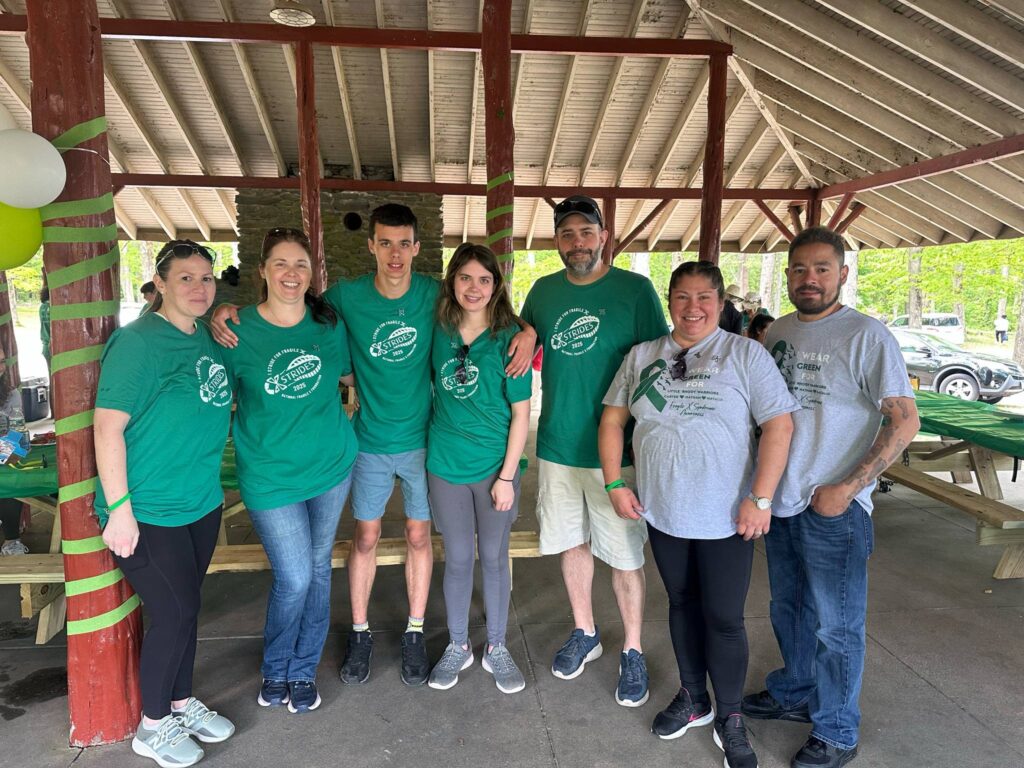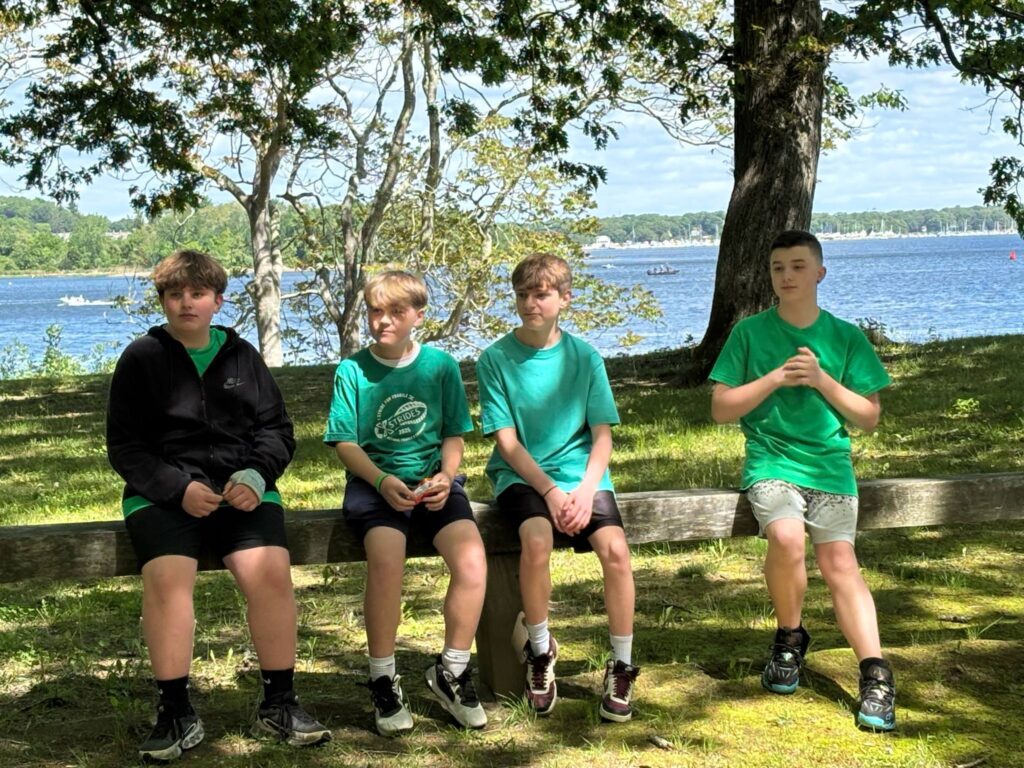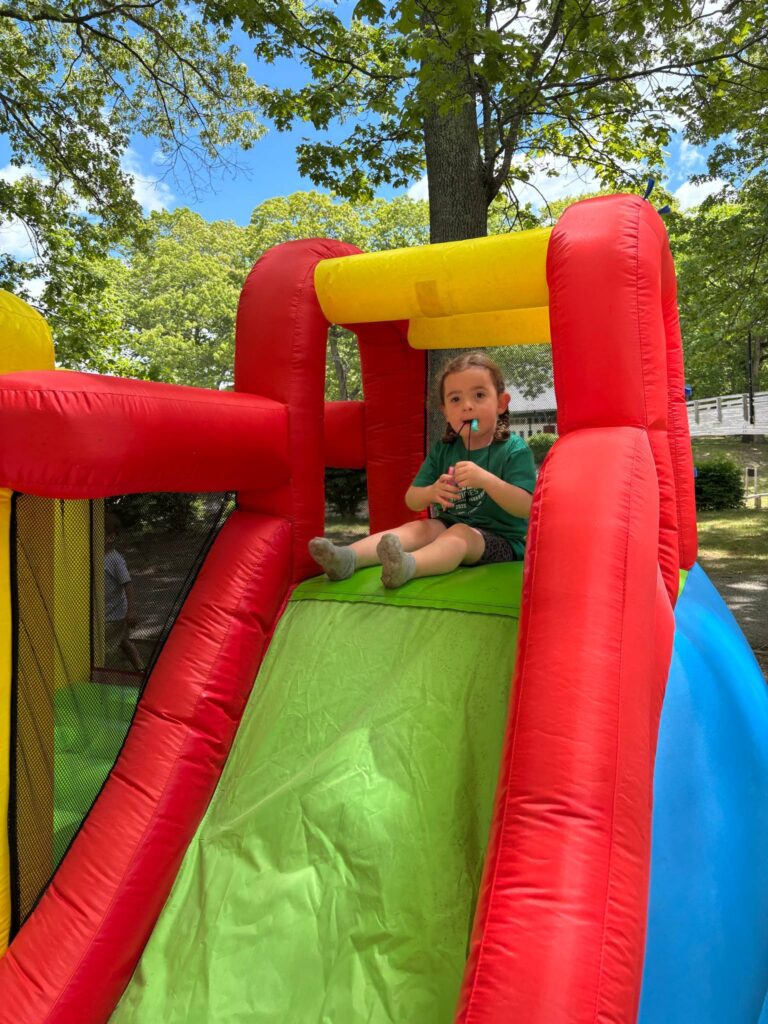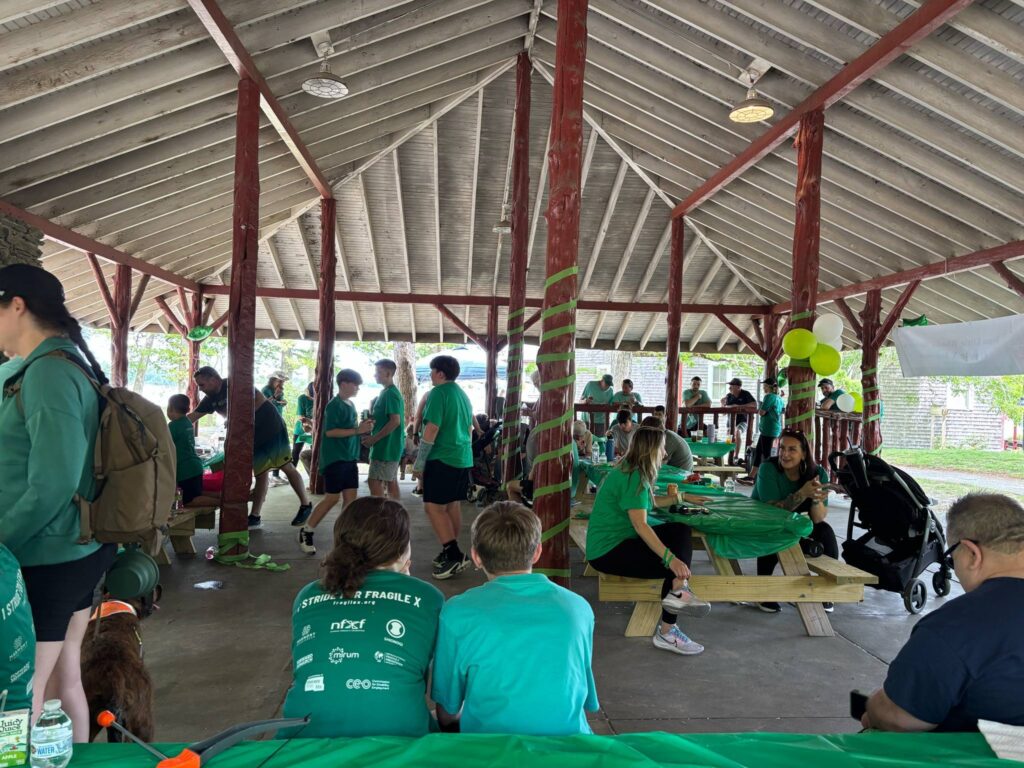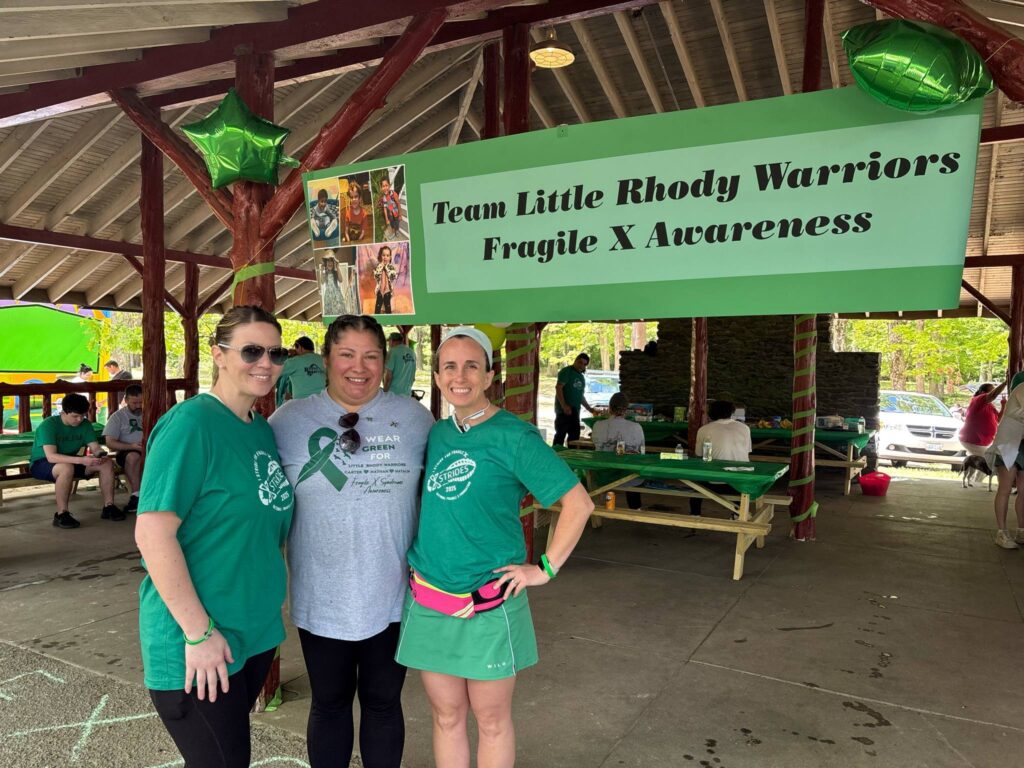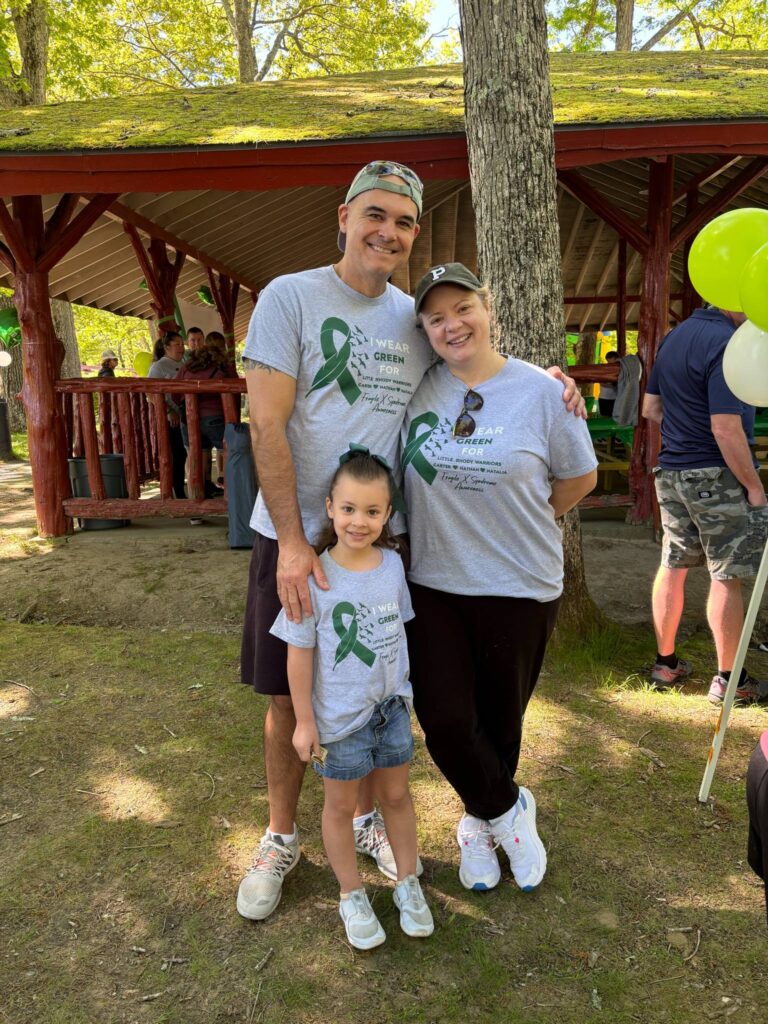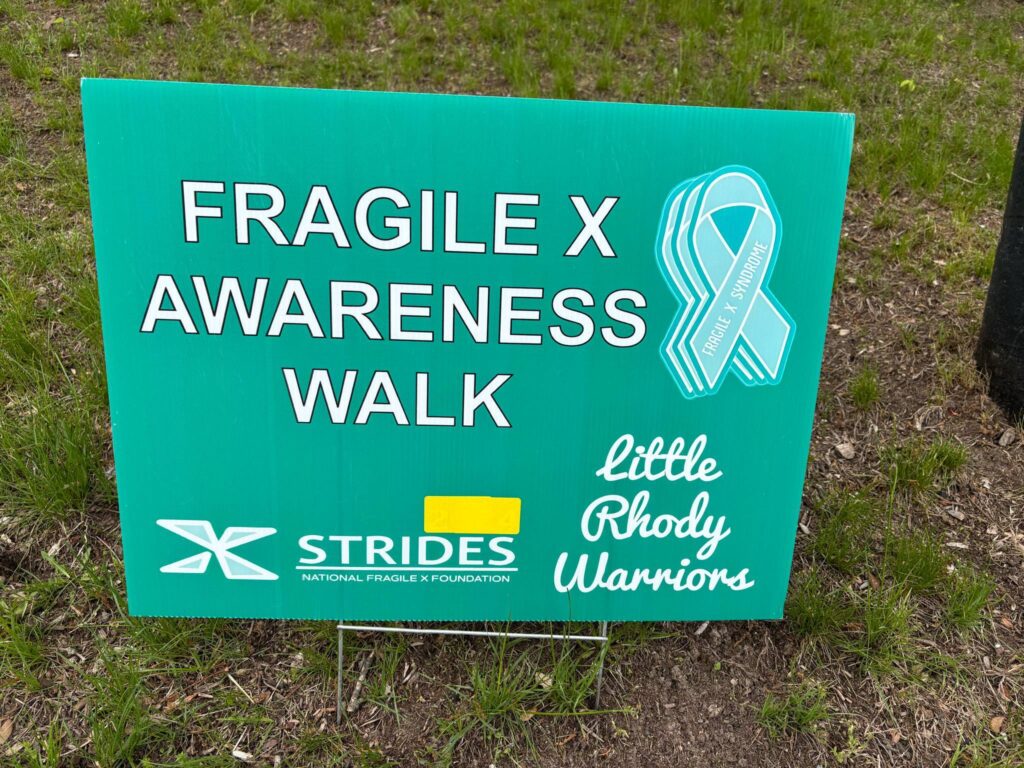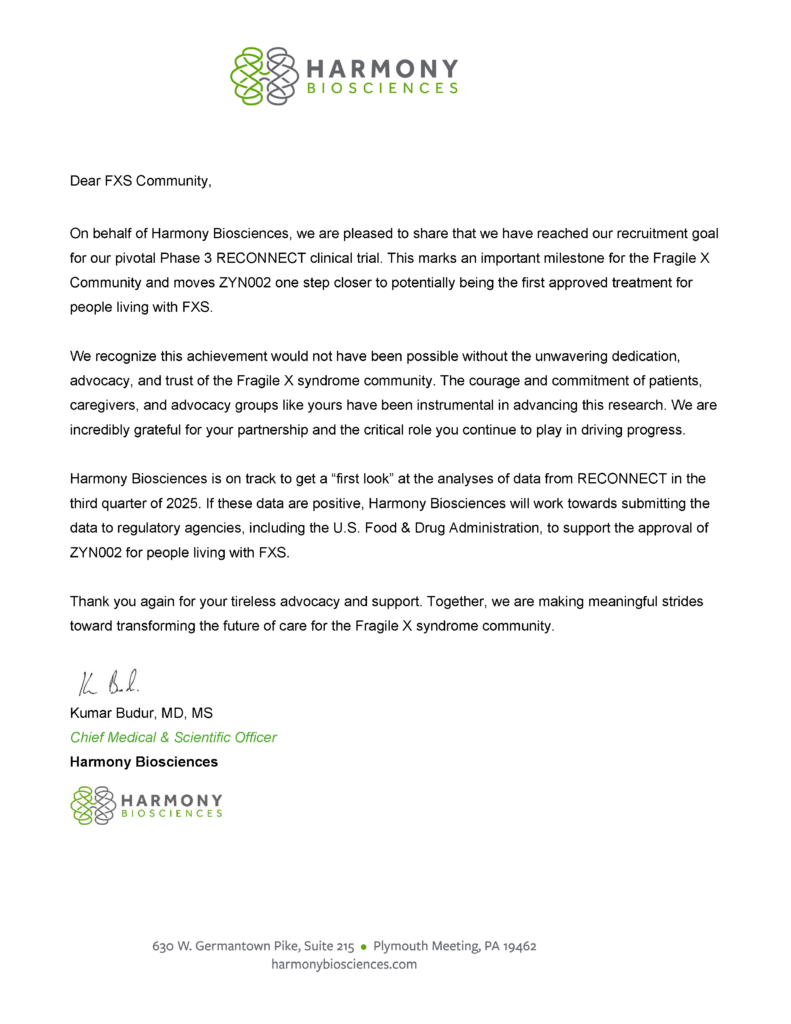The U.S. House of Representatives recently passed the House Reconciliation Package 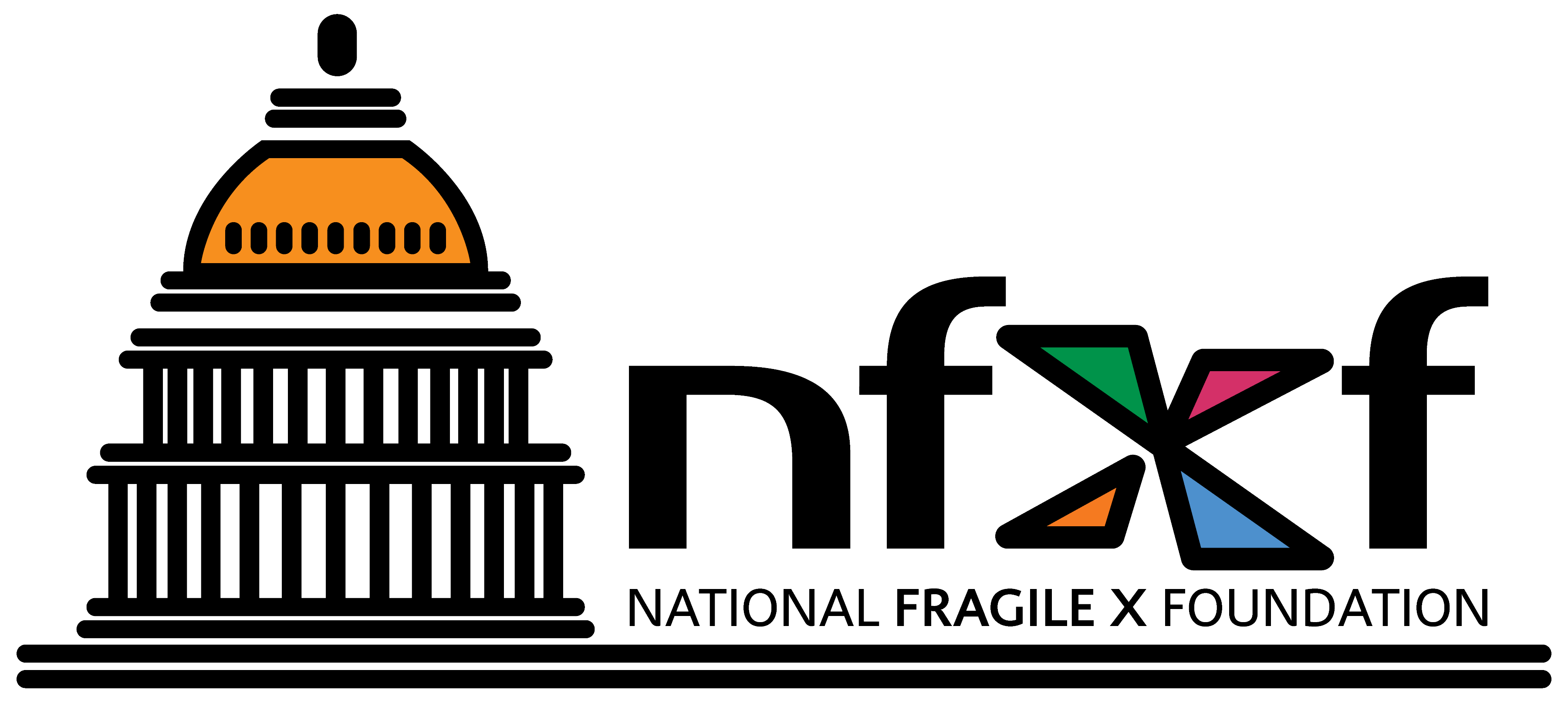 (H.R. 1), which includes proposed changes to federal spending programs, including Medicaid. The bill is now under review in the Senate, where it may be amended before a final vote. If approved, it would return to the House and then proceed to the President for consideration.
(H.R. 1), which includes proposed changes to federal spending programs, including Medicaid. The bill is now under review in the Senate, where it may be amended before a final vote. If approved, it would return to the House and then proceed to the President for consideration.
Medicaid provides healthcare coverage and support services for many individuals, including those with disabilities. Covered services often include therapies, behavioral health care, personal assistance, and home and community-based supports that are not typically available through private insurance.
Budget reconciliation is a legislative process that allows Congress to make changes to spending and revenue laws with a simple majority vote in the Senate. This process is used to align federal funding with policy goals.
Concerns About the Proposed Changes
Although some protections for individuals with disabilities are included in the proposed legislation, several provisions raise concerns.
One proposal would require Medicaid recipients to renew their eligibility every six months. This change could create added administrative work for states and families, possibly leading to coverage gaps if paperwork is delayed or incomplete.
The bill also includes proposed reductions in overall Medicaid funding. If enacted, states may need to reevaluate how they provide services, especially those not federally required, such as Home and Community-Based Services (HCBS). These changes could impact access to care, particularly as more than 700,000 individuals with disabilities are already on waiting lists for services they qualify for.
How to Advocate from Home
Now is an appropriate time to contact your members of Congress and share your experience with Medicaid. Be sure to provide specific and concise details. Here are a few simple steps you can take:
1. Identify Your Members of Congress
2. Email or Call Their Offices
When reaching out to legislators, include your name and address to verify you are a constituent. If you’re emailing, use the contact information or form on their website, or email directly if you have an existing staff contact. If calling, ask to speak with the staff member who handles healthcare or disability policy.
Use the questions below to help shape your message:
- Why Medicaid is important to you, your family, or your patient community
- The services you receive through Medicaid
- How a disruption in coverage would affect you and your family
Sample Message
Hello, my name is [NAME], and I live at [ADDRESS]. I am a [parent, caregiver, clinician, or individual with Fragile X] and am contacting you about Medicaid.
Medicaid helps cover services that support my family, including [list services you receive]. These services are important to [you, your family, or the Fragile X community] because [brief explanation of impact].
I am concerned about the proposal to require Medicaid renewal every six months, which could increase the administrative burden on families and state systems. I am also concerned about the potential for reduced federal Medicaid funding, which could affect access to services that many people rely on.
Please support policies that maintain access to Medicaid for individuals with disabilities and their families.
What to Expect
If you call, a staff member may take note of your message and thank you for your input. If you email, you may receive an automated confirmation. All communications are logged and reviewed by congressional offices.
What Happens Next
Senators are continuing to review and discuss H.R. 1. We will share updates as the process moves forward. If you receive notice of changes to your Medicaid coverage, please let us know at advocacy@fragilex.org so we can keep our partners and policymakers informed.
We’re Here for You
The National Fragile X Foundation is committed to providing accurate information and advocating on behalf of individuals with Fragile X and the broader disability community. Sharing your experience helps ensure your voices are heard during critical policy decisions.
Thank you for speaking up and helping protect Medicaid access for those who rely on it.



 Also a fact is we can’t do it without you.
Also a fact is we can’t do it without you.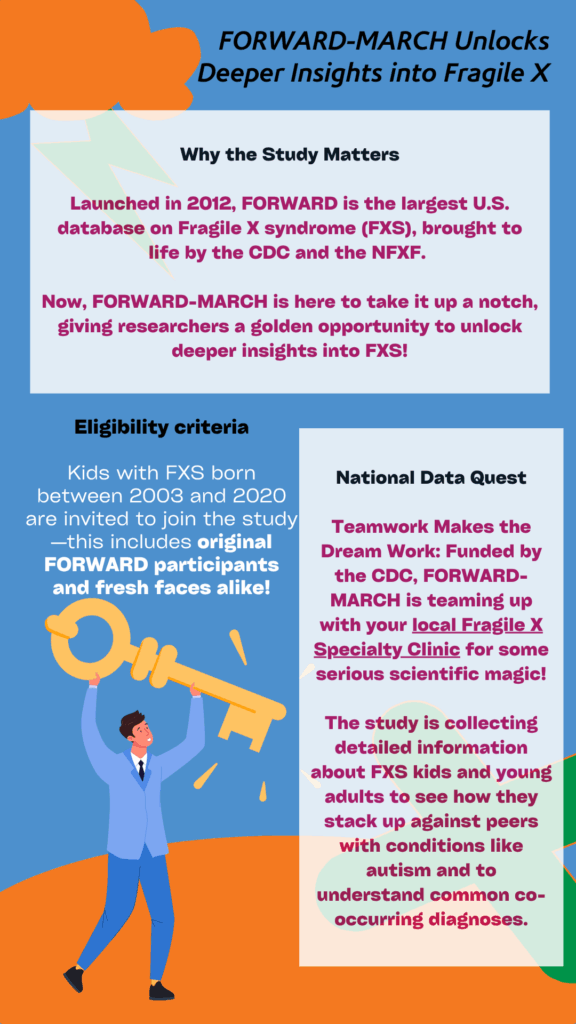



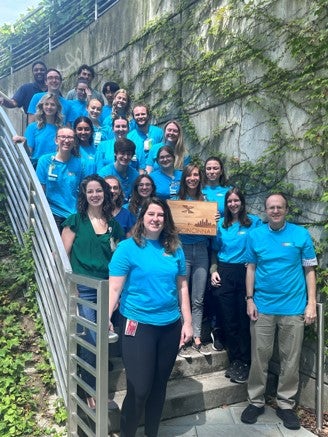


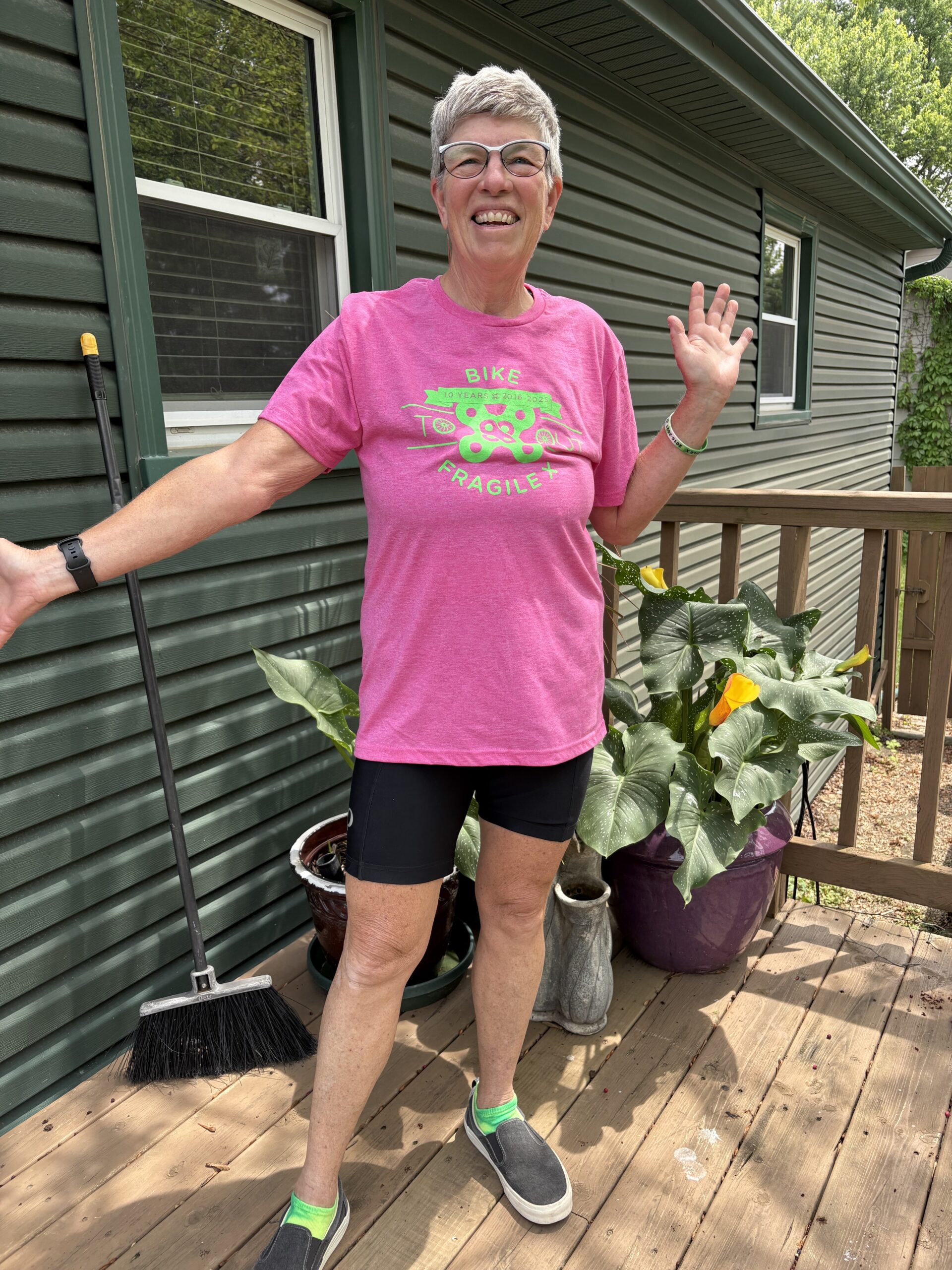

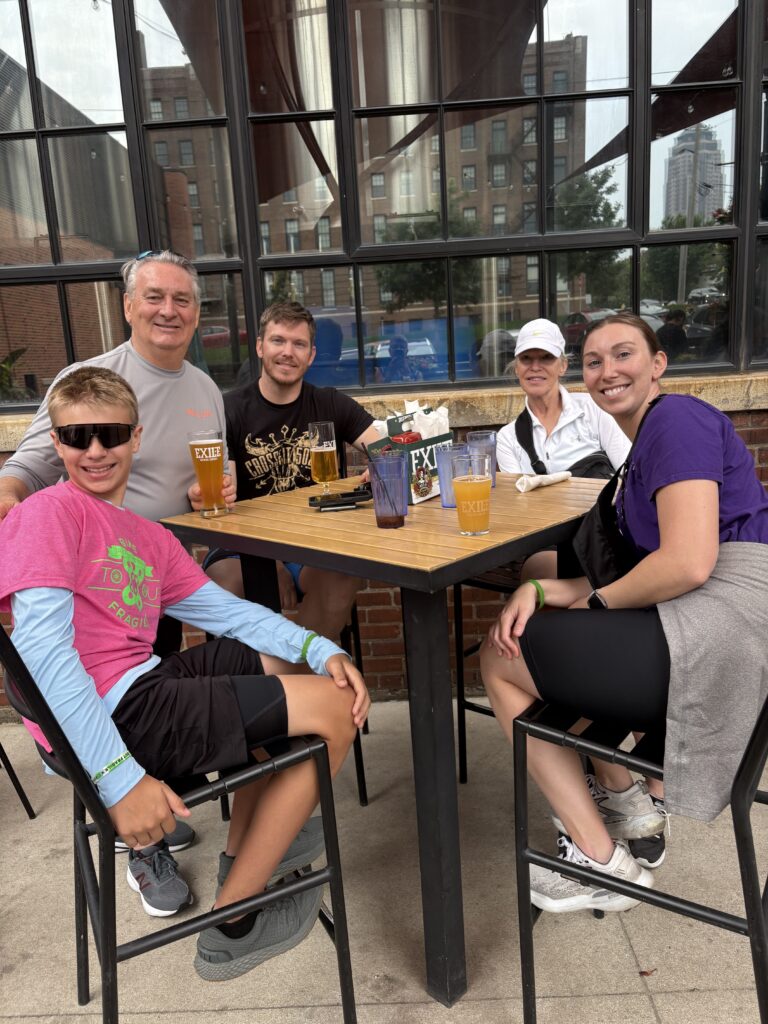
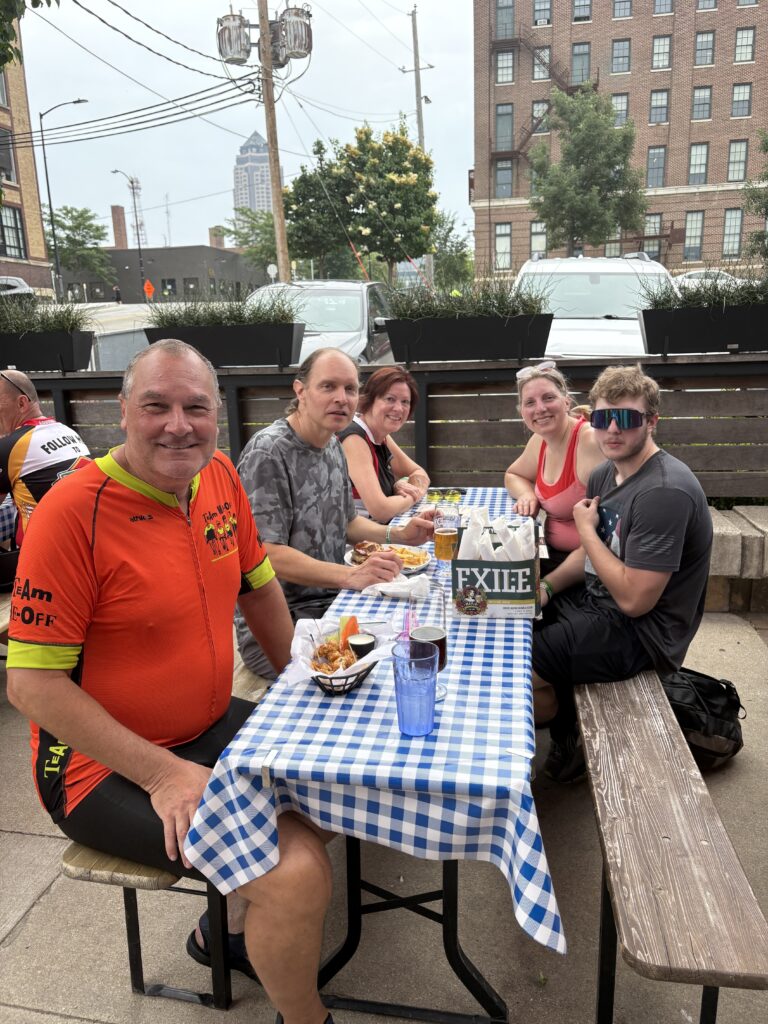
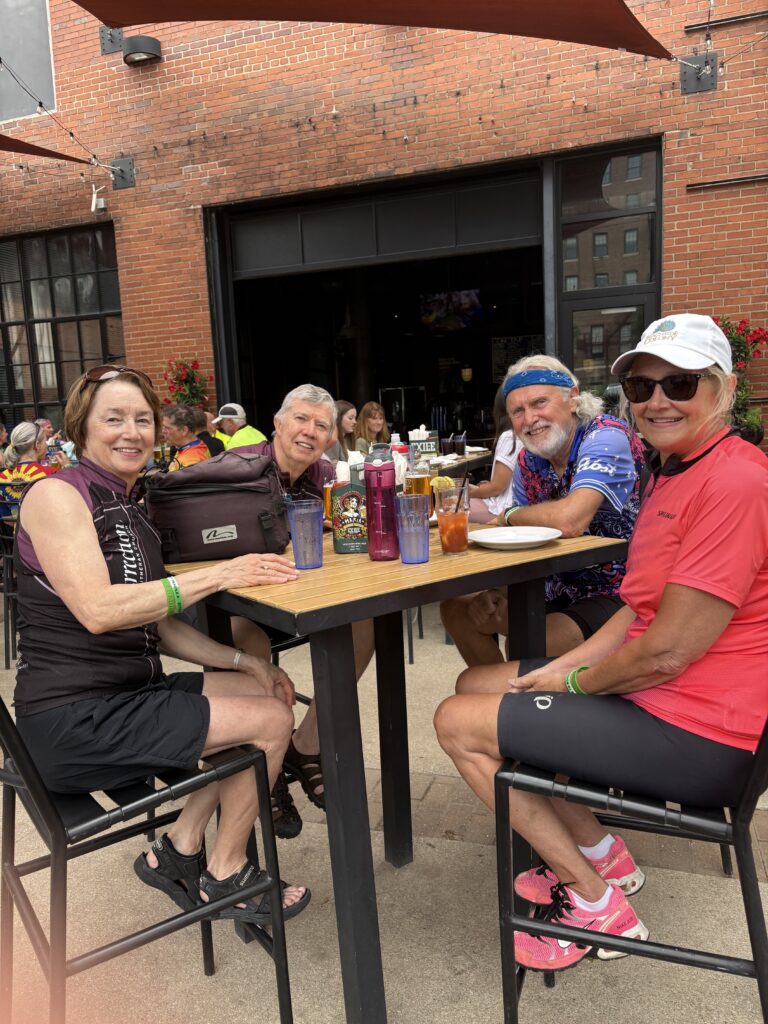
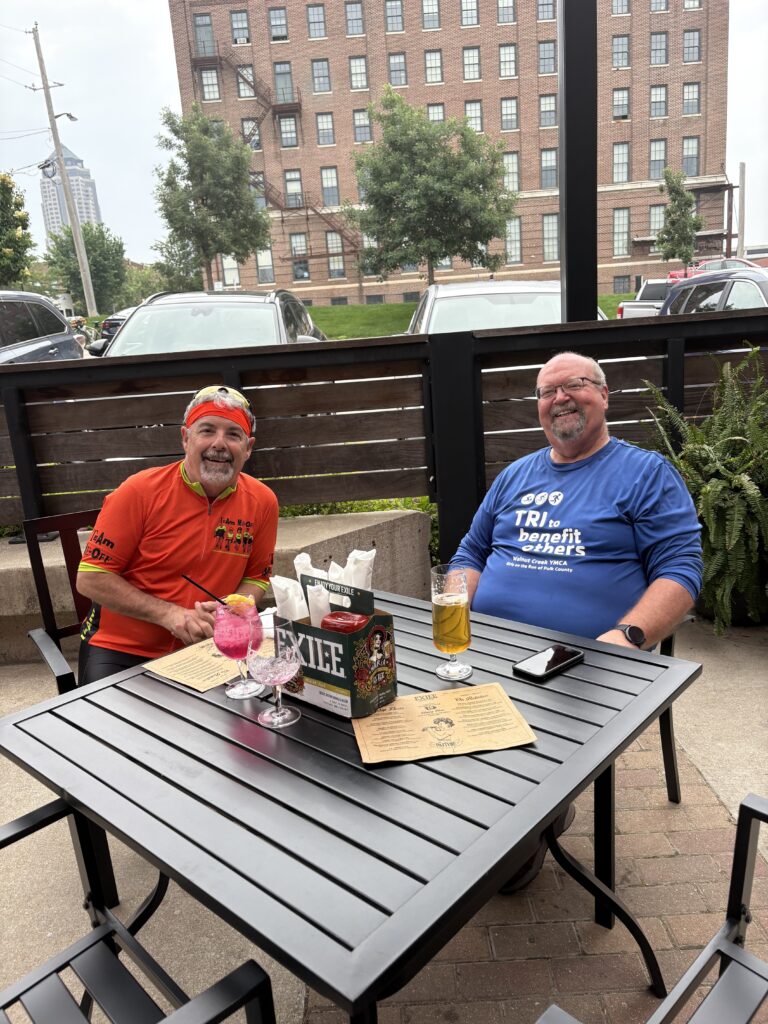

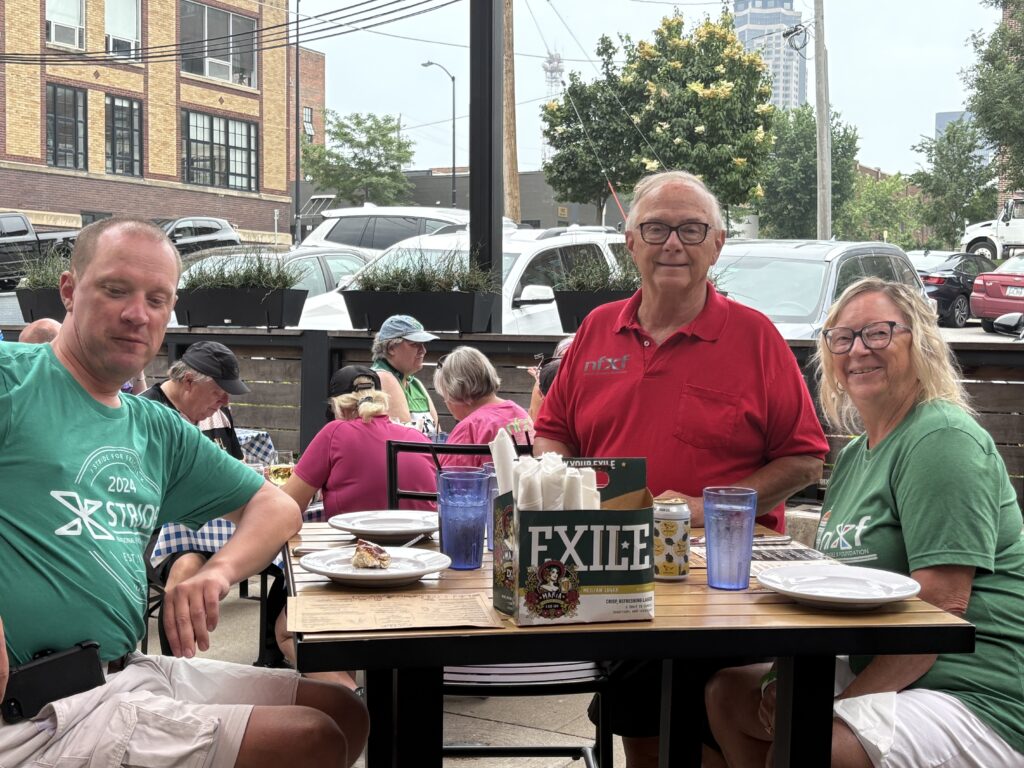
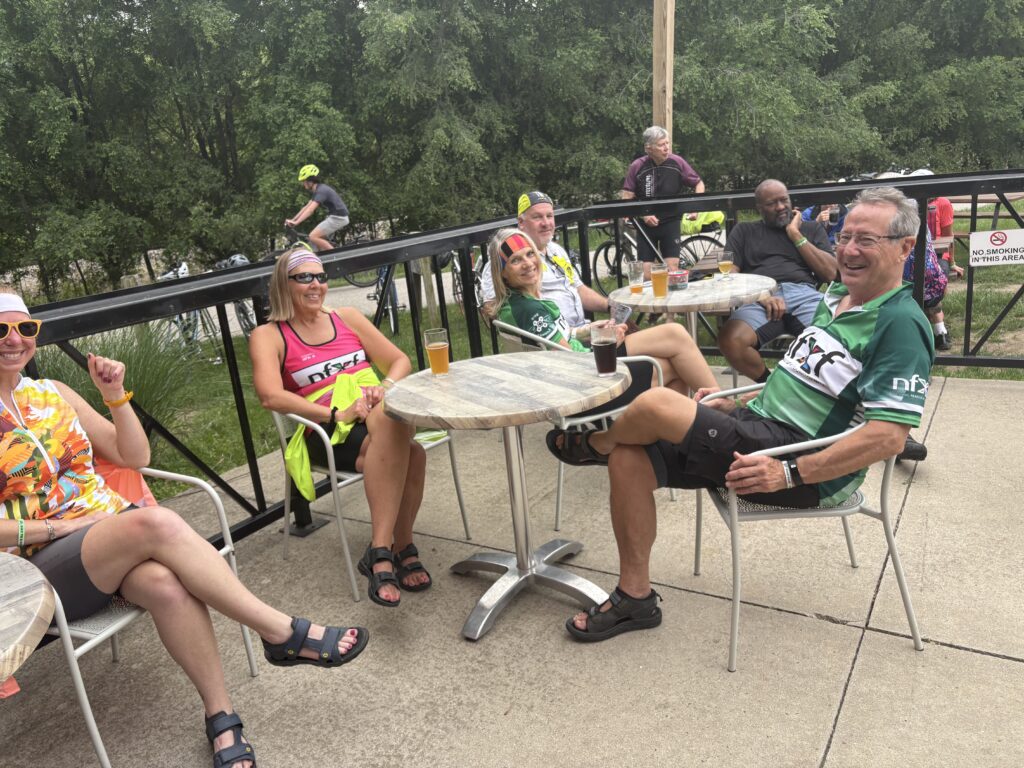
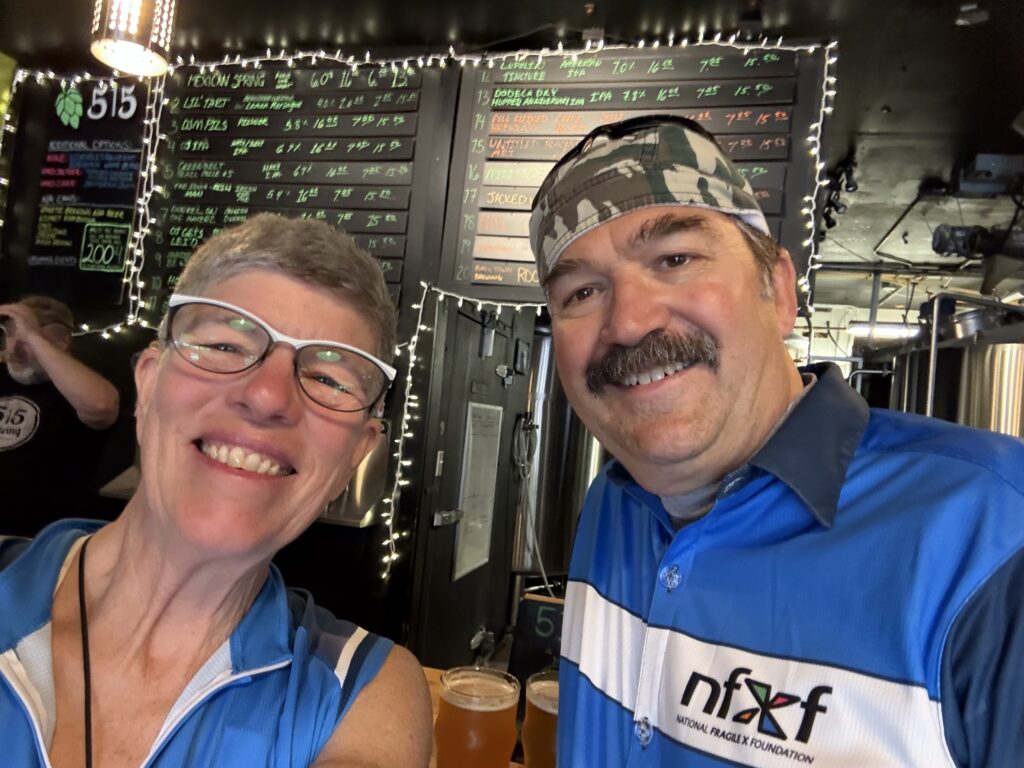
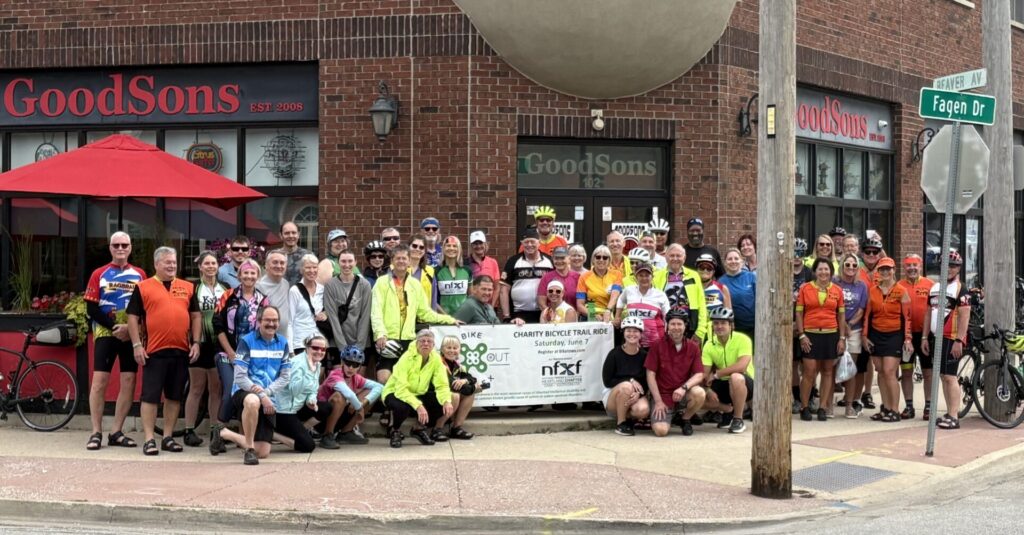
 (H.R. 1), which includes proposed changes to federal spending programs, including Medicaid. The bill is now under review in the Senate, where it may be amended before a final vote. If approved, it would return to the House and then proceed to the President for consideration.
(H.R. 1), which includes proposed changes to federal spending programs, including Medicaid. The bill is now under review in the Senate, where it may be amended before a final vote. If approved, it would return to the House and then proceed to the President for consideration.